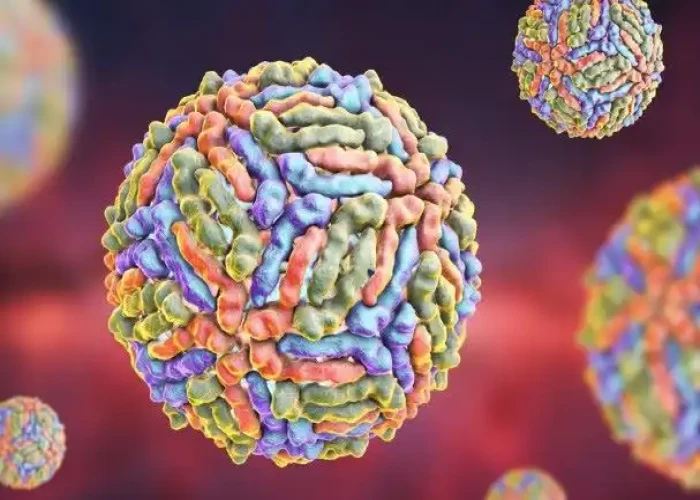 Welcome
Welcome
“May all be happy, may all be healed, may all be at peace and may no one ever suffer."
West Nile virus
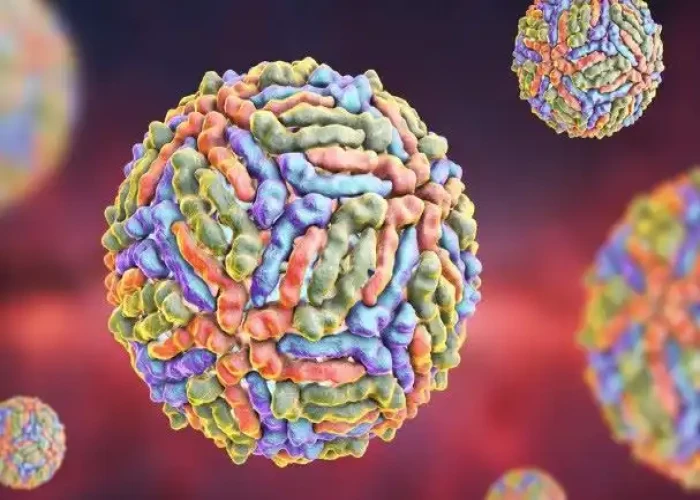
West Nile virus (WNV) is a virus that is transmitted to humans through the bite of an infected mosquito. It was first identified in the West Nile region of Uganda in 1937 and has since spread to other parts of the world, including North America, Europe, and Asia.
Most people who are infected with WNV do not develop any symptoms, but about 20% of people may develop a fever, headache, body aches, joint pain, vomiting, diarrhea, or a rash. Less than 1% of people who are infected with WNV will develop a severe illness, such as encephalitis or meningitis, which can cause inflammation of the brain or the tissues that surround the brain and spinal cord.
There is no specific treatment for WNV, and most people with mild symptoms will recover on their own with rest and over-the-counter pain relievers. For people with more severe symptoms, hospitalization may be required to provide supportive care, such as intravenous fluids, pain management, and respiratory support.
Prevention of WNV involves measures to avoid mosquito bites, such as wearing long sleeves and pants, using insect repellent, and staying indoors during times when mosquitoes are most active. Reducing the number of mosquito breeding sites, such as by removing standing water, can also help to prevent the spread of the virus.
While WNV can be a serious illness, the risk of developing severe disease is relatively low. However, people who are older or who have weakened immune systems may be at higher risk for severe illness and complications, so it is important to take precautions to avoid mosquito bites and to seek medical attention if symptoms develop.
Research Papers
Disease Signs and Symptoms
- Fever
- Blindness (Vision loss)
- Muscle weakness
- Seizures
- Coma
- Confusion (Hallucinations)
- Stiff neck
- Skin rash
- Fatigue (Tiredness)
- Diarrhea
- Nausea or vomiting
- Headaches
- Numbness
Disease Causes
West Nile virus
West Nile virus generally spreads to humans and animals from bites of infected mosquitoes. Mosquitoes get infected and carry the virus after biting infected birds. You can't get infected from casual contact with an infected person or animal.
Most West Nile virus infections happen during warm weather, when mosquitoes are active. The incubation period — the period between when you're bitten by an infected mosquito and the appearance of signs and symptoms of the illness — generally ranges from four to 10 days.
West Nile virus has appeared in Africa, Asia, Europe and the Middle East. It appeared in the United States in the summer of 1999, and since then has been reported in every state — except Hawaii and Alaska — as well as in Canada.
Other possible routes of transmission
In a few cases, West Nile virus might have spread through other routes, including organ transplants and blood transfusions. However, blood donors are screened for the virus, greatly reducing the risk of infection from blood transfusions.
There also have been reports of some transmission of the virus from mother to child during pregnancy or breastfeeding or exposure to the virus in a lab, but these are rare.
Disease Prevents
West Nile virus
Your best bet for preventing West Nile virus and other mosquito-borne illnesses is to avoid exposure to mosquitoes and remove standing water, where mosquitoes breed.
- Unclog roof gutters.
- Empty unused swimming pools or empty standing water on pool covers.
- Change water in birdbaths and pet bowls regularly.
- Remove old tires or unused containers that might hold water and serve as a breeding place for mosquitoes.
- Install or repair screens on windows and doors.
To reduce your exposure to mosquitoes:
- Avoid unnecessary outdoor activity when mosquitoes are most common, such as at dawn, dusk and early evening.
- Wear long-sleeved shirts and long pants when outdoors.
- Apply mosquito repellent containing an Environmental Protection Agency-registered insect repellent to your skin and clothing. Choose the concentration based on the hours of protection you need. The higher the percentage (concentration) of the active ingredient, the longer the repellent will work. Follow the directions on the package, paying special attention to recommendations for use on children.
- When outside, cover your infant's stroller or playpen with mosquito netting.
Disease Treatments
Most people recover from West Nile virus without treatment. Most people who are severely ill need supportive therapy in a hospital with intravenous fluids and pain medication.
For mild cases, over-the-counter pain relievers can help ease mild headaches and muscle aches. Use caution when giving aspirin to children or teenagers. Children and teenagers recovering from chickenpox or flu-like symptoms should never take aspirin. This is because aspirin has been linked to Reye's syndrome, a rare but potentially life-threatening condition, in such children.
Interferon therapy
Scientists are investigating interferon therapy — a type of immune cell therapy — as a treatment for encephalitis caused by West Nile virus. Some research shows that people who receive interferon recover better than those who don't receive the drug, but further study is needed.
Disease Diagnoses
Disease Allopathic Generics
Disease Ayurvedic Generics
Disease Homeopathic Generics
Disease yoga
West Nile virus and Learn More about Diseases
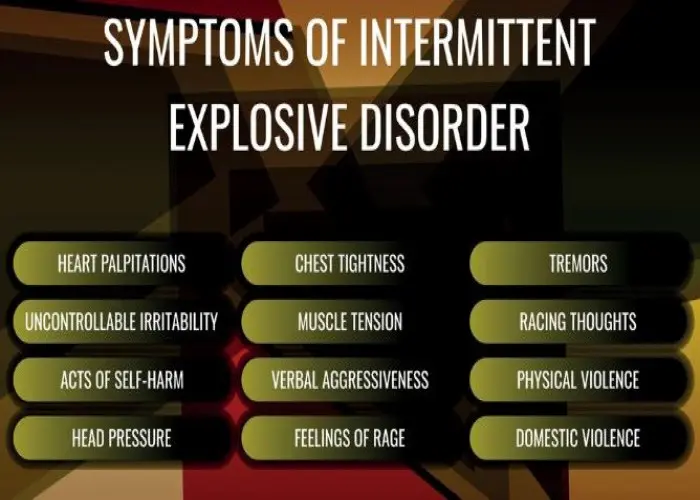
Intermittent explosive disorder

Sudden cardiac arrest
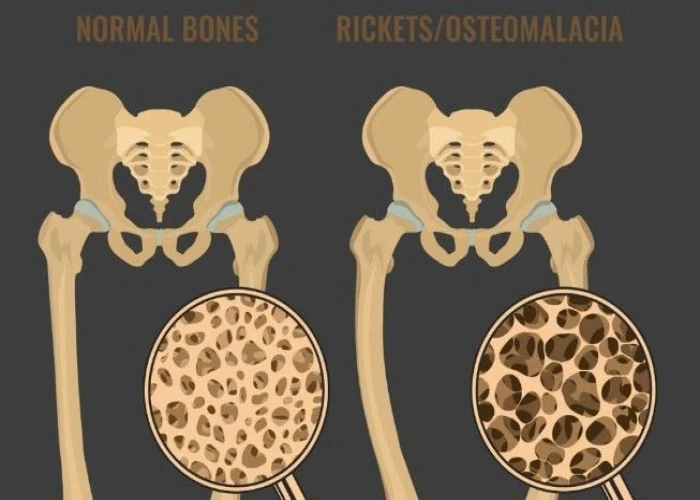
Osteomalacia
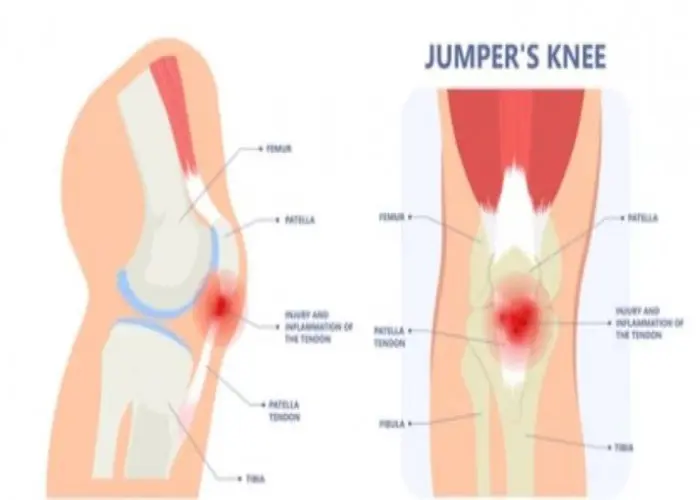
Baker's cyst

Klippel-Trenaunay syndrome

Female sexual dysfunction

Blocked tear duct
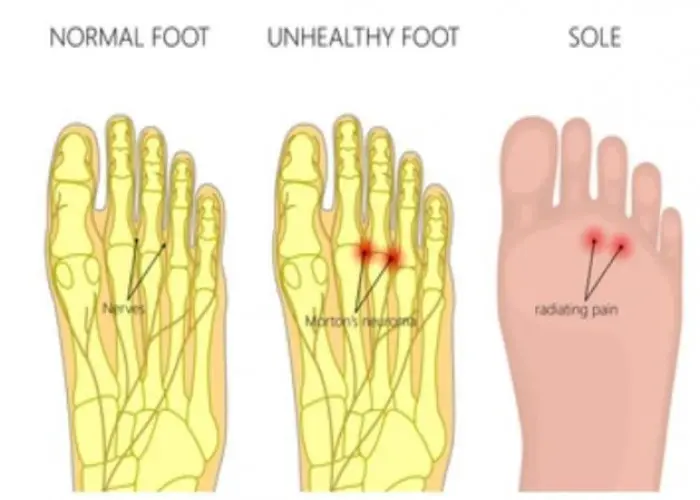
Benign peripheral nerve tumor
west nile virus, ওয়েস্ট নাইল ভাইরাস
To be happy, beautiful, healthy, wealthy, hale and long-lived stay with DM3S.
